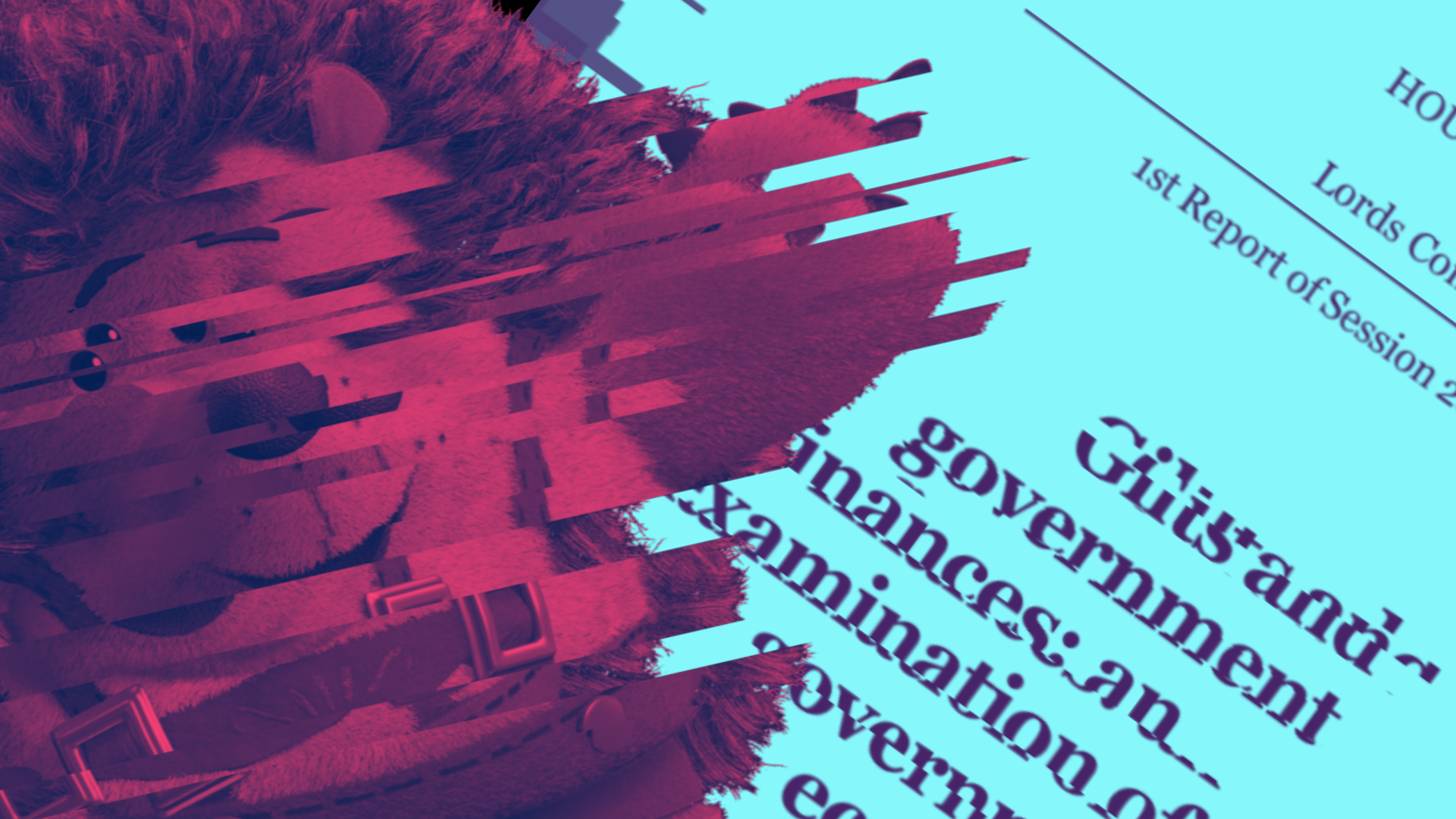Committee Lord attempted to block report exonerating Government over fears Lib Dems look 'stupid'
A member of the Lords Committee on Government Economic Responsibility attempted to rewrite the report after an investigation found that criticisms that the Treasury had misled Parliament and the public by neglecting to include gilts in its emergency budget statement were unsubstantiated.

A member of the Lords Committee on Government Economic Responsibility attempted to rewrite the report after an investigation found that criticisms that the Treasury had misled Parliament and the public by neglecting to include gilts in its emergency budget statement were unsubstantiated, the Independent has learned.
Comped, the Duke of Abercorn, used his position on the Committee to pressure fellow members to alter language ‘kind to the government’ over fears that his Liberal Democrats would “look stupid”, “look foolish”, and that they weren’t “going to be happy” with the report.
Within the leaks, it is stated that the Government reached out to the Opposition Finance spokespeople in good faith to cooperate on what had been drafted of the Budget, and after doing so the Liberal Democrats and Conservatives took advantage of a mistake that had been made on the draft budget papers regarding debt gilts. Within the leaked conversations the Duke of Abercorn states incorrectly that “they knowingly published incorrect figures” and that this was the basis for the Lords Committee into Fiscal Mismanagement. Despite this, the Committee found that no wrongdoing occurred, simply because the matter was presented to the Opposition Financial Spokespeople privately in an unofficial manner.
The Lords Committee had been dismissed after its initial formation by the Government, with the Chancellor of the Exchequer saying that he had “concerns about the constitutional and political legitimacy of this committee”. Government lords had refused to sit on the committee over concerns that its report would be unduly critical of the Chancellor. Prime Minister NicolasBroaddus stated in his testimony that he felt that the committee “was formed in bad faith given the dishonest refusal to negotiate on minor details on the proposal by the Duke of Abercorn.” These reports show that those concerns were well-founded.
The Duke of Abercorn was responsible for calling the hearing, although the final report was drafted by EruditeFellow, Marquess of Salisbury. Lord Salisbury, who last week joined the Liberal Democrats after moving from the Crossbench, was not involved in the initial calls for an inquiry into potential economic mismanagement.
The revelations come as a blow to the institutional legitimacy of the House of Lords and the Liberal Democrats. Lord Abercorn warned that the Liberal Democrats aren’t “going to be happy” with the results of the report that they commissioned, raising questions as to whether or not the Committee was designed as a political attack against the Government since its inception. With one line from the Duke also stating “I worry you are being too kind to the Government”, which has only resulted in more finger-pointing as to whether the accusations of a politically biased Committee were apparent from the start.
The Committee was also called in tandem to a separate inquiry into Institutional Responses to Abuse, which saw much attention diverted away from the attempt by the Lord of Melbourne to action the results of an earlier Commons motion. This political ploy was derided by many commentators who saw it as being additional to the machinations behind the partisan bent of the Fiscal Responsibility Committee, which began when the debt-gilts issue was raised outside of private channels.
Comped now comes under extreme scrutiny as a result of these revelations, and it is likely that any future Lords Committees responsible for scrutinising the Government will now face similar accusations of bias.


